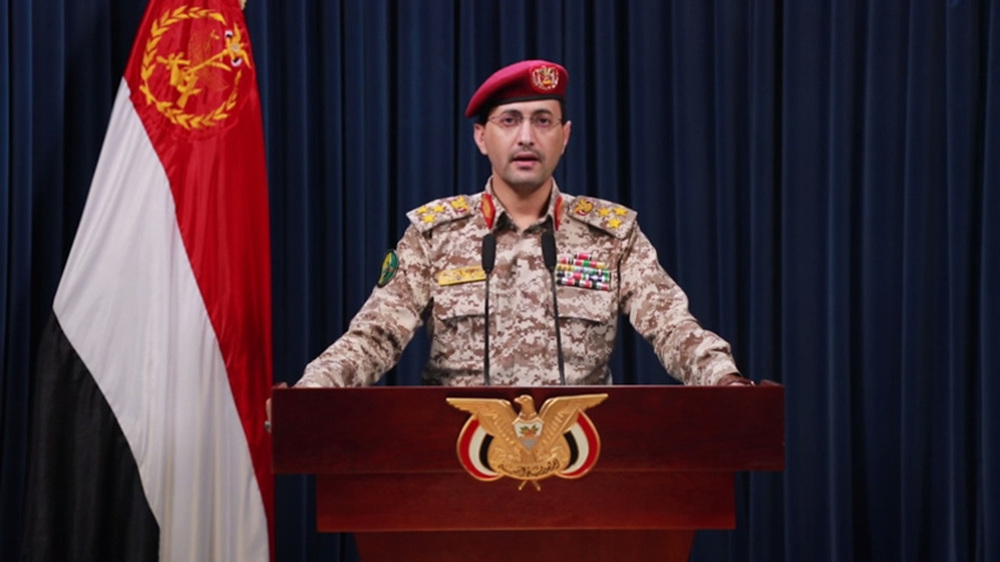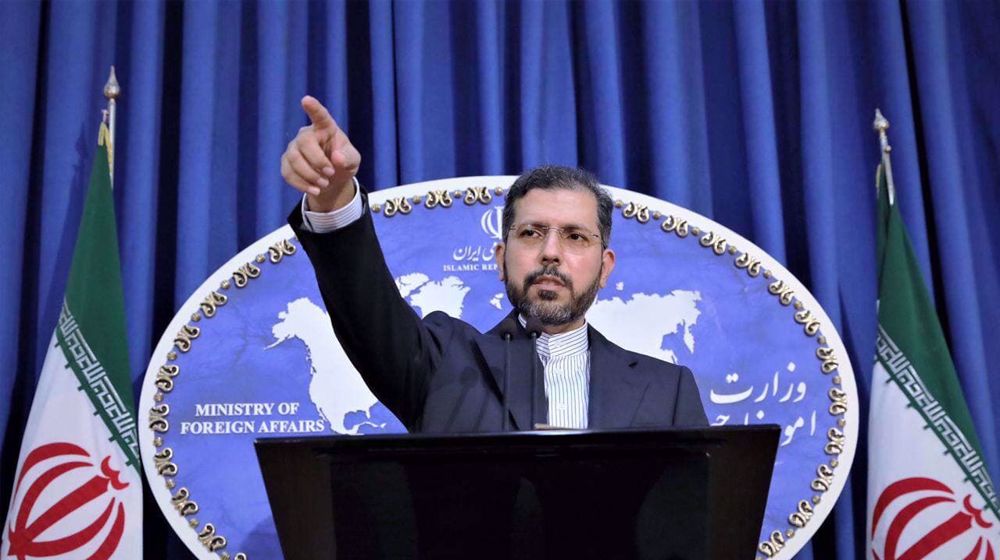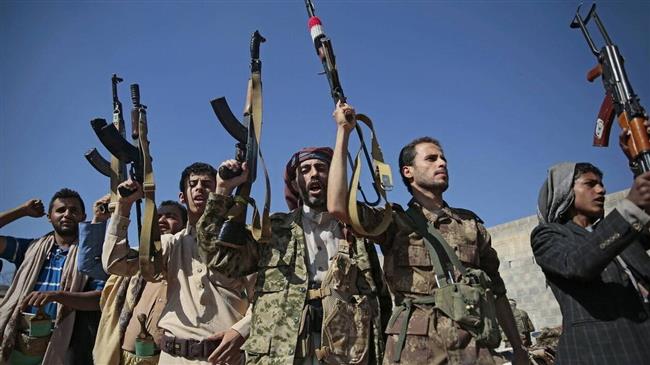Aggressors who relied on Trump must stop Yemen war: Houthis
The spokesman for Yemen’s Houthi Ansarullah movement says the regimes waging war under the protection of US President Donald Trump — who is leaving office following his election defeat — must now stop their bloody aggression.
In a post on his twitter account on Wednesday, Mohammed Abdul-Salam urged the aggressor regimes relying on Trump to end their offensive against Yemen completely.
“The countries that have attacked Yemen must stop their aggression and lift the siege in a comprehensive manner, and there is no place for half-measures,” he said.
Saudi Arabia launched a devastating military aggression against Yemen in March 2015 in collaboration with a number of its allied states, and with arms and logistics support from the US and several Western countries.
The aim was to return to power a Riyadh-backed former regime and defeat the Houthis who have been running state affairs in the absence of an effective government in the country.
The war has failed to achieve its goals, but killed tens of thousands of innocent Yemenis and destroyed the impoverished country’s infrastructure. The UN refers to the situation in Yemen as the world’s worst humanitarian crisis.
The Riyadh regime enjoyed close ties with the Trump White House, but US president-elect Joe Biden is supposedly against the war and has vowed to “end the sale of material to the Saudis where they’re going in and murdering children.”
On Sunday, Secretary of State Mike Pompeo used his last days in office to designate the Houthi Ansarullah movement a foreign “terrorist” organization.
The designation freezes any US-related assets of the Houthis, bans Americans from doing business with them and makes it a crime to provide support or resources to the movement.
It will come into effect on January 19, the last full day in office of Trump’s administration, in defiance of aid groups who fear the measure will worsen the humanitarian crisis in Yemen.
Yemen warns of consequences of US blacklisting of Ansarullah
On Wednesday, Yemen’s Supreme Political Council said the US move shows the confusion and failure of the American policy in the region in general, warning that it will not only affect the humanitarian situation, but also the political process in Yemen.
“This reckless American approach confirms that it is a translation of an under-price deal with the countries of aggression to satisfy their desires and their mercenaries to prolong the aggression,” it said in a statement.
The council further described Ansarullah as a major Yemeni national component around which all free people of Yemen are rallying in their battle for sovereignty and independence against the US-Saudi aggression and blockade.
‘UN wants to US to reverse blacklisting of Ansarullah’
Additionally, Reuters reported that UN aid chief Mark Lowcock will on Thursday call on Washington to reverse the blacklisting of Ansarullah.
In prepared remarks for a UN Security Council briefing, Lowcock is expected to warn that the US move would push Yemen into a “famine on a scale that we have not seen for nearly 40 years.”
“What would prevent it? A reversal of the (US) decision,” he will say. “Aid agencies cannot – they simply cannot - replace the commercial import system.”
“The data show that 16 million people will go hungry this year. Already, about 50,000 people are essentially starving to death in what is essentially a small famine. Another 5 million are just one step behind them,” Lowcock will further say.
“Yemen imports 90% of its food. Nearly all that food is brought in through commercial channels. Aid agencies give people vouchers or cash to buy commercially imported food in the market.”
Referring to Pompeo’s claim that the US Treasury would provide licenses for some humanitarian activities and transactions related to critical commodities, the UN aid chief will explain, “It is not humanitarian agencies who are importing most of the food.”
“The Yemeni companies who bring in most of the food are using words like ‘disaster’, ‘havoc’, and ‘unimaginable’ when they describe to us what they fear is coming,” Lowcock is expected to say.
“Some suppliers, banks, shippers and insurers are ringing up their Yemeni partners and saying they now plan to walk away from Yemen altogether. They say the risks are too high. They fear being accidentally or otherwise caught up in US regulatory action.”
VIDEO | Yemenis praise the military for its successful operations against Israel
VIDEO | Israel continues to bomb Gaza homes
VIDEO | An insider's view of the country: Meybod City in Yazd
‘All wars have rules. All of those rules have been broken’ by Israel
VIDEO | Report flags India’s violation of rights of Rohingya detainees
Turkey's foreign minister meets Syria's de facto leader in Damascus
VIDEO | US Syria plots
'Next to impossible' to rescue patients from Gaza's Kamal Adwan Hospital: Director




















 This makes it easy to access the Press TV website
This makes it easy to access the Press TV website